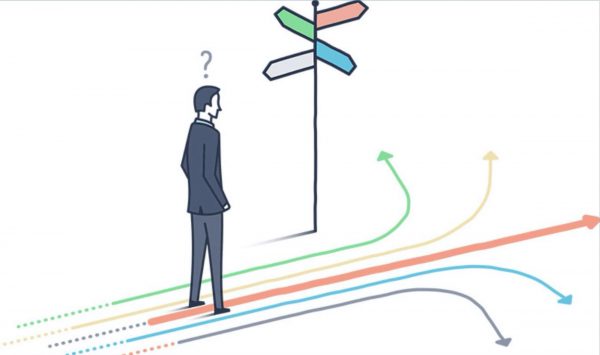It’s the final round of Jeopardy! and the stakes are high. Martha wipes a bead of sweat off her face, her fingers descending to trace the pearls around her neck for good luck. Despite holding a bank account several orders of magnitude smaller than her opponent Patricia, both women bet approximately the same amount in an attempt to win the game. Irrational though this might seem, there is a whole subfield of economics dedicated to similar forms of decision-making.
In a paper from 2003, researchers explored a slightly different gamble: A single bet with a 50 per cent chance of winning $550 and a 50 per cent chance of losing $500. In the scheme of things, the $50 difference is negligible. However, despite the probabilistic promise, very few participants chose to take the bet.
The explanation for why people did not want to take the bet relies on a distaste for uncertain risks. The formal term for this phenomenon is risk aversion, a situation wherein people try to minimize uncertainty even when the odds are in their favour. This works in parallel with the endowment effect, where people tend to see losing something as more consequential than gaining a reward. This study, and many like it, explore the motivations that drive individuals’ decisions.
Perhaps less intuitively, the study also found that risk aversion to the 550/500 bet did not change based on overall wealth. This is as a result of a phenomenon known as narrow framing, which causes people to evaluate gambles in isolation, without taking information from other parts of their lives into consideration. In the Jeopardy! scenario, narrow framing would push Martha to match Patricia even though her bet had greater consequences for her outside of the game.
Risk aversion research is most relevantly applicable in the stock market. Although investing in the stock market generally produces returns, this does not inspire much interest in investment among the general public. The reasons behind this disinterest are similar: People are generally risk-averse and tend to frame situations narrowly. The stock market is perceived as risky, and, while it has relatively low returns on the day-to-day scale, even small returns can build over time. Meanwhile, most people do not evaluate their finances holistically when considering opportunities to spend. For those who already have money in bank accounts and real estate, it makes sense to diversify their wealth and invest in stocks, yet most people avoid investing.
Even though people generally like to think of themselves as rational agents who make good decisions, an individual’s judgement is, more often than not, heavily swayed by factors they would think irrelevant in the grand scheme of things.








